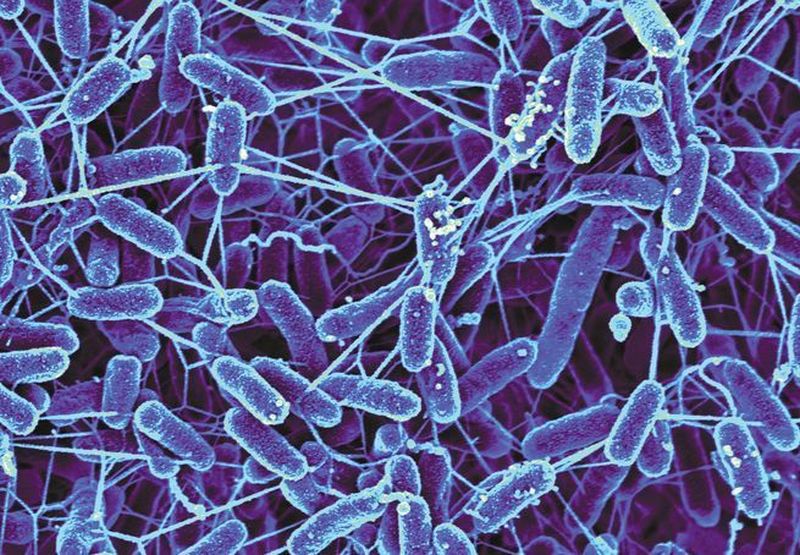For over a century, people have dreamed of the day when humanity (as a species) would venture into space. In recent decades, that dream has moved much closer to realization, thanks to the rise of the commercial space industry (NewSpace), renewed interest in space exploration, and long-term plans to establish habitats in Low Earth Orbit (LEO), on the lunar surface, and Mars. Based on the progression, it is clear that going to space exploration will not be reserved for astronauts and government space agencies for much longer.
But before the “Great Migration” can begin, there are a lot of questions that need to be addressed. Namely, how will prolonged exposure to microgravity and space radiation affect human health? These include the well-studied aspects of muscle and bone density loss and how time in space can impact our organ function and cardiovascular and psychological health. In a recent study, an international team of scientists considered an often-overlooked aspect of human health: our microbiome. In short, how will time in space affect our gut bacteria, which is crucial to our well-being?
Continue reading “Can We Survive in Space? It Might Depend on How Our Gut Microbiome Adapts”
